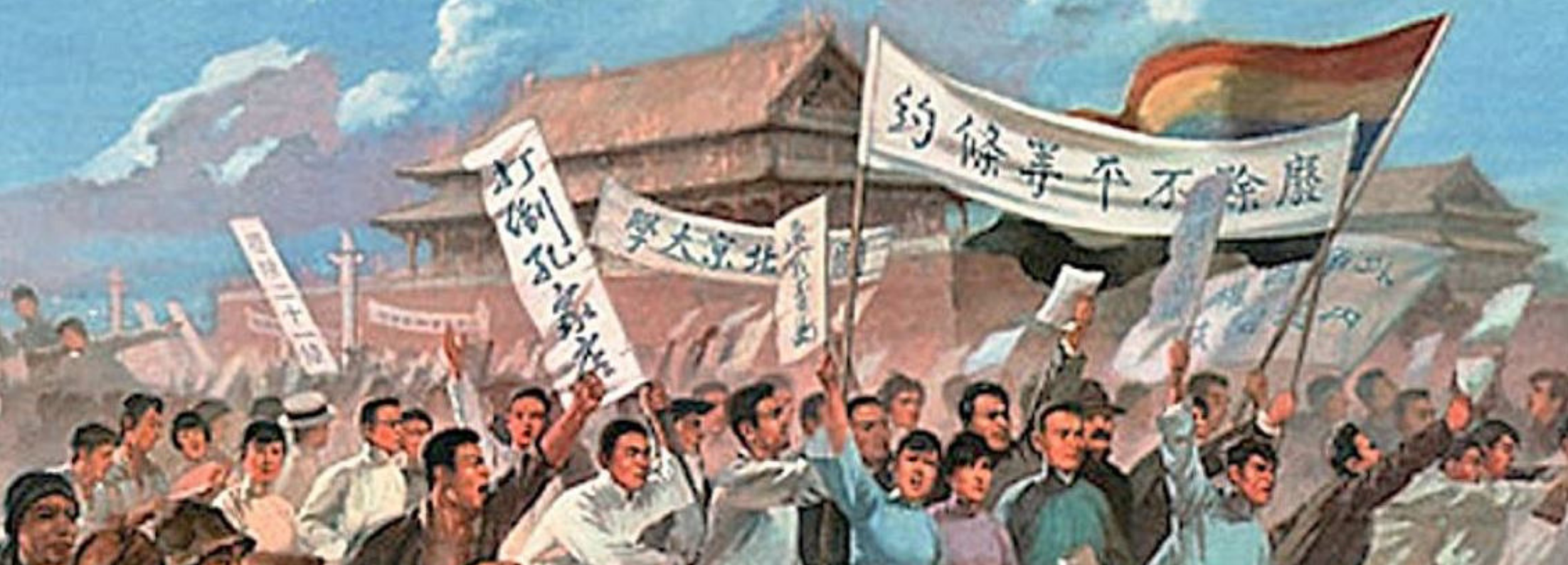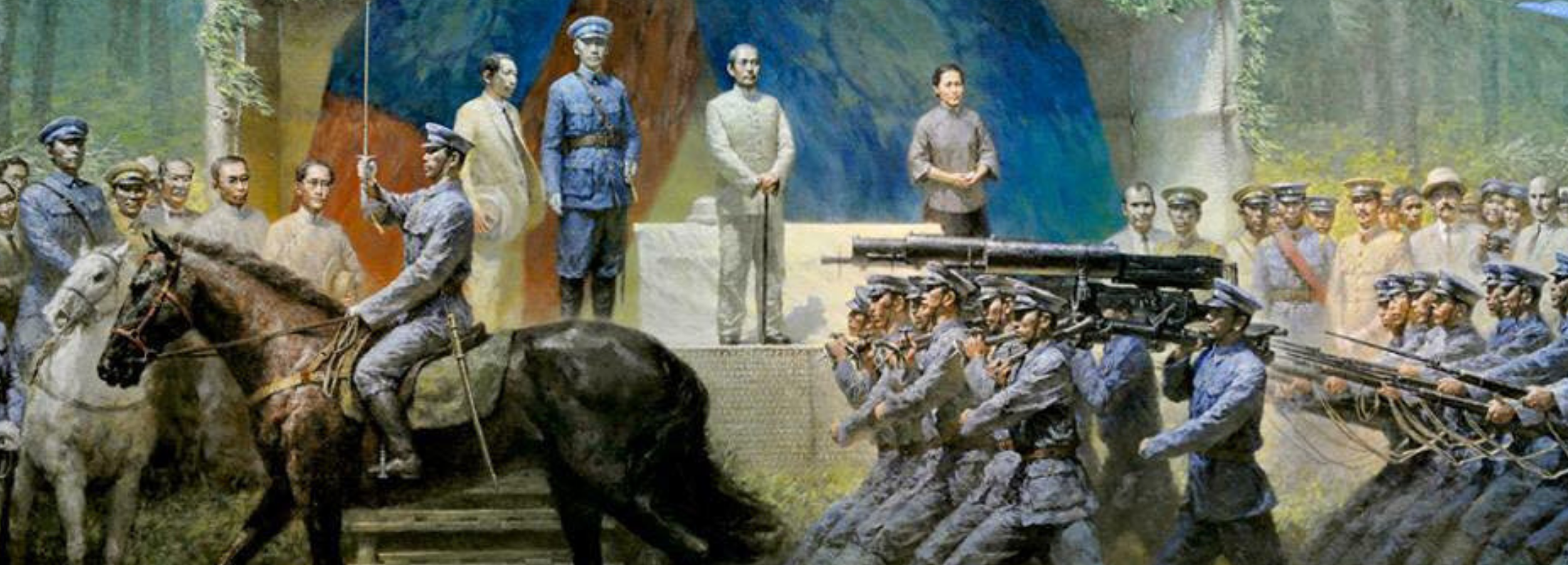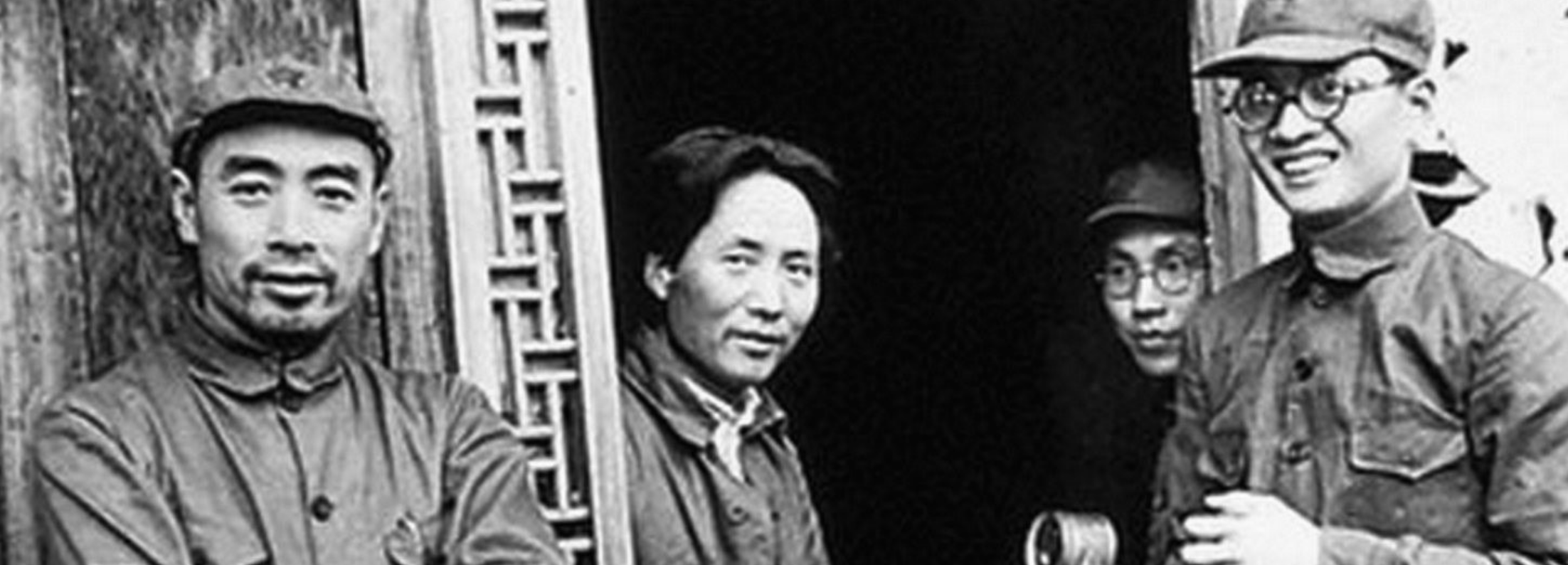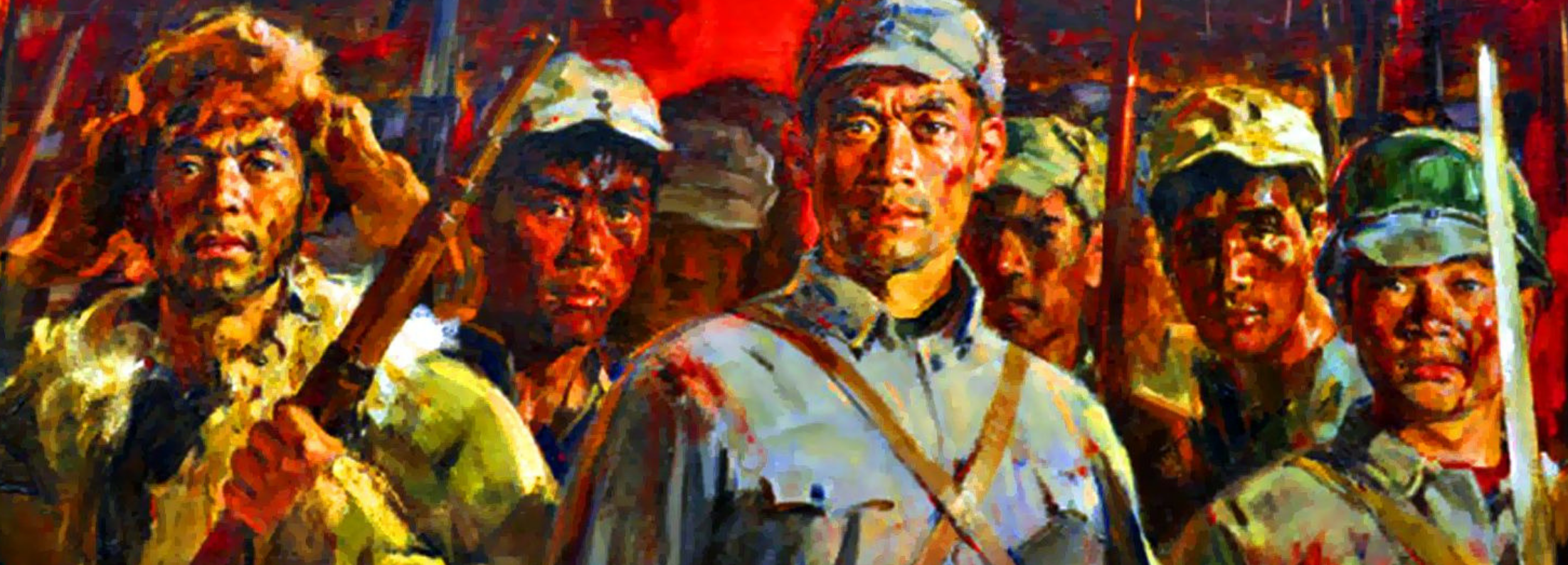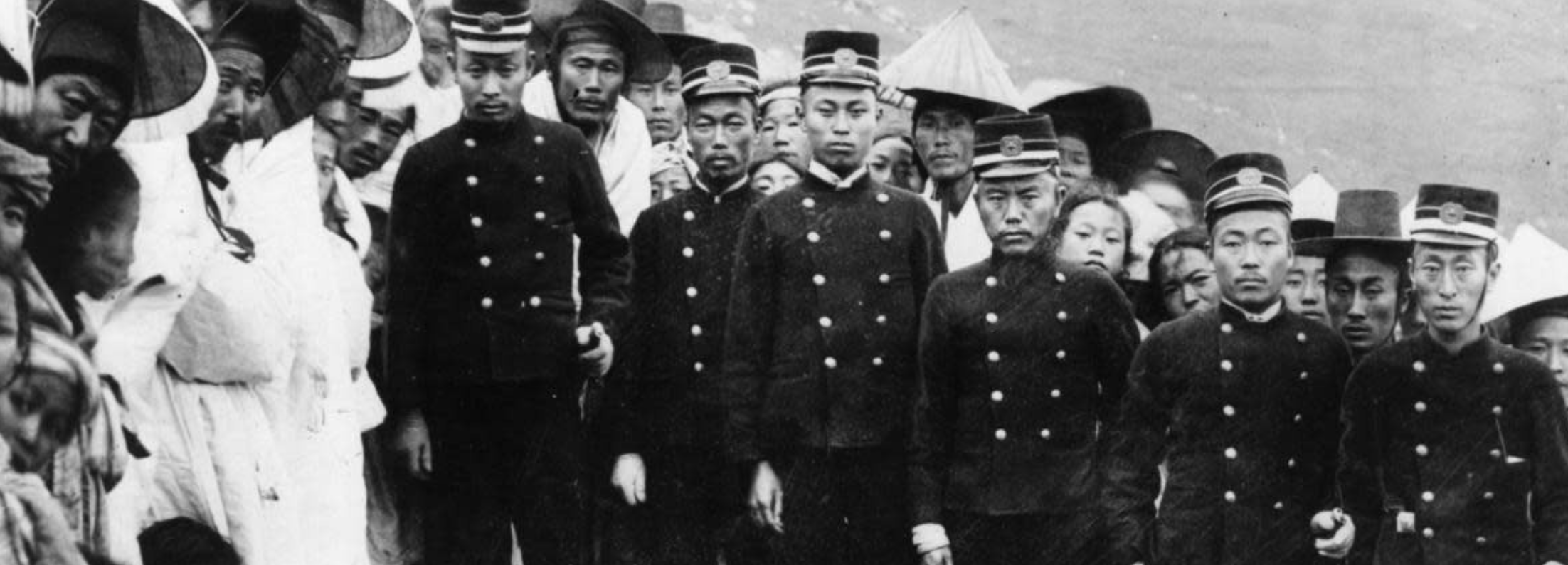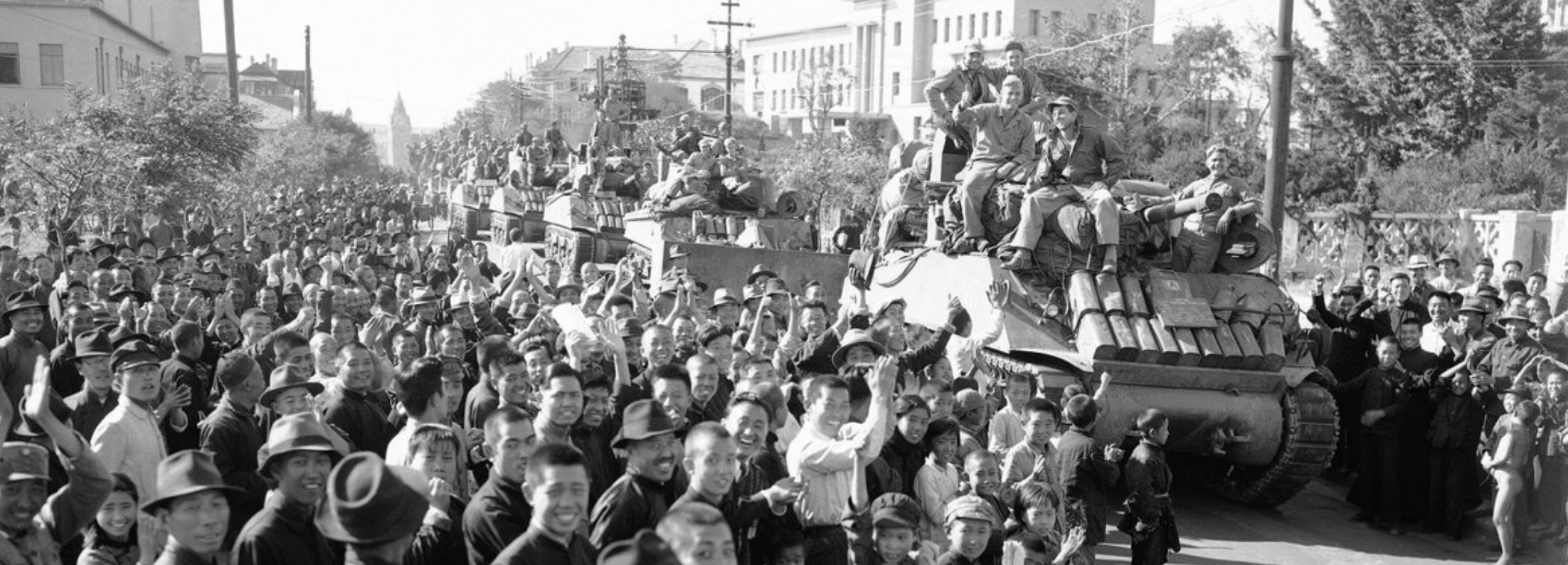Topic Outline
This section focuses on China and Korea between 1910 and 1950. It examines the rise of nationalism and communism in China after the establishment of the Chinese Republic, as well as the nature of Japanese rule of Korea, which had been formalized with the annexation in 1910, and which became more oppressive during the years of the Sino-Japanese War. The section concludes by examining the reasons for the victory of the communists in the Chinese Civil War and the consequences of this defeat for the nationalists.

